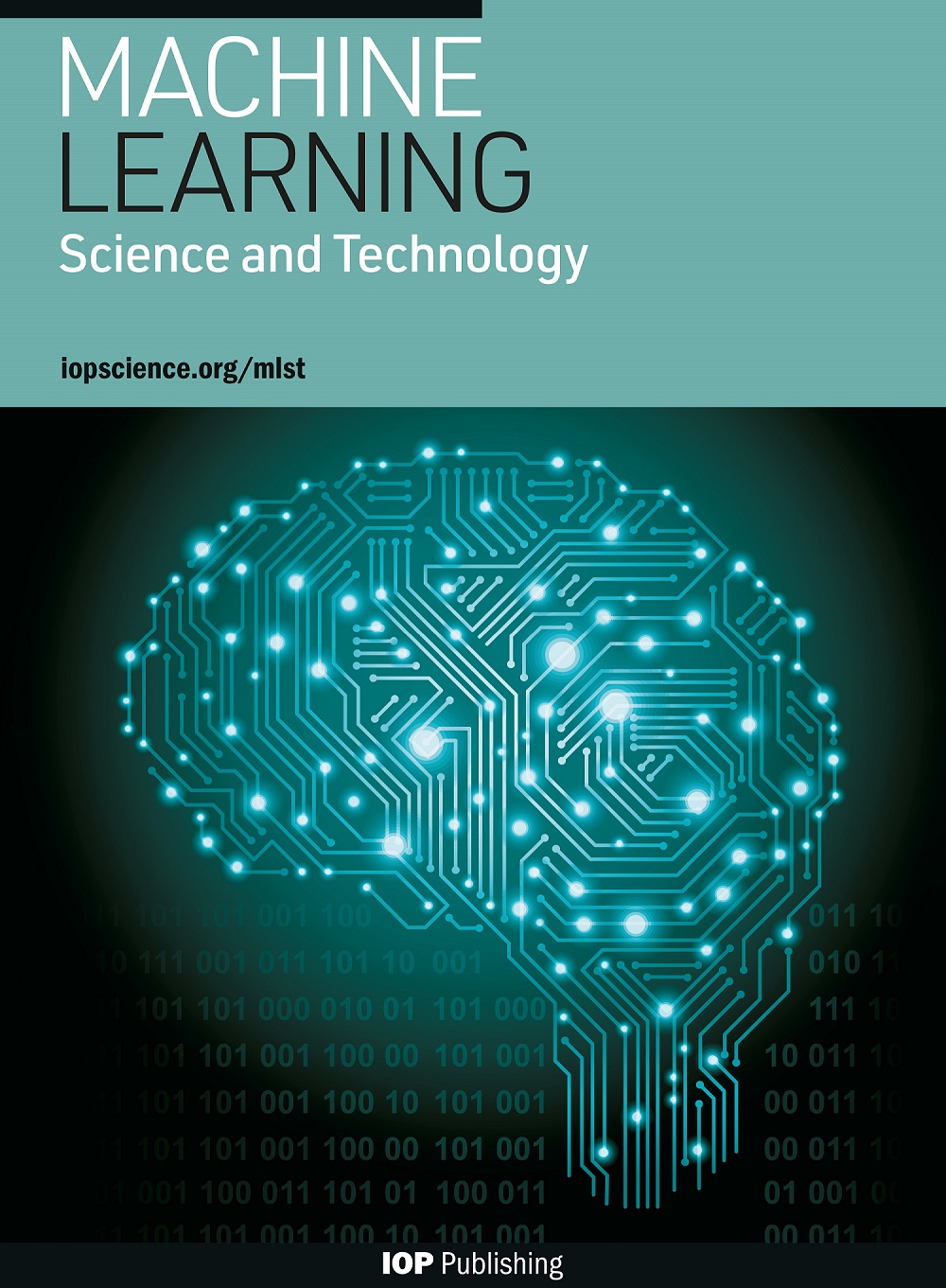Decoding characteristics of key physical properties in silver nanoparticles by attaining centroids for cytotoxicity prediction through data cleansing
IF 4.6
2区 物理与天体物理
Q1 COMPUTER SCIENCE, ARTIFICIAL INTELLIGENCE
引用次数: 0
Abstract
This research underscores the profound impact of data cleansing, ensuring dataset integrity and providing a structured foundation for unraveling convoluted connections between diverse physical properties and cytotoxicity. As the scientific community delves deeper into this interplay, it becomes clear that precise data purification is a fundamental aspect of investigating parameters within datasets. The study presents the need for data filtration in the background of machine learning (ML) that has widened its horizon into the field of biological application through the amalgamation of predictive systems and algorithms that delve into the intricate characteristics of cytotoxicity of nanoparticles. The reliability and accuracy of models in the ML landscape hinge on the quality of input data, making data cleansing a critical component of the pre-processing pipeline. The main encounter faced here is the lengthy, broad and complex datasets that have to be toned down for further studies. Through a thorough data cleansing process, this study addresses the complexities arising from diverse sources, resulting in a refined dataset. The filtration process employs K-means clustering to derive centroids, revealing the correlation between the physical properties of nanoparticles, viz, concentration, zeta potential, hydrodynamic diameter, morphology, and absorbance wavelength, and cytotoxicity outcomes measured in terms of cell viability. The cell lines considered for determining the centroid values that predicts the cytotoxicity of silver nanoparticles are human and animal cell lines which were categorized as normal and carcinoma type. The objective of the study is to simplify the high-dimensional data for accurate analysis of the parameters that affect the cytotoxicity of silver NPs through centroids.通过数据清洗获得用于细胞毒性预测的中心点,从而解码银纳米粒子的关键物理性质特征
这项研究强调了数据净化的深远影响,它确保了数据集的完整性,并为揭示各种物理特性与细胞毒性之间错综复杂的联系奠定了结构化基础。随着科学界对这种相互作用的深入研究,精确的数据净化显然是研究数据集参数的一个基本方面。本研究介绍了在机器学习(ML)背景下进行数据过滤的必要性,通过融合预测系统和算法,ML 已将其视野扩大到生物应用领域,从而深入研究纳米粒子细胞毒性的复杂特性。ML 模型的可靠性和准确性取决于输入数据的质量,因此数据清洗是预处理管道的关键组成部分。这里面临的主要问题是冗长、宽泛和复杂的数据集,这些数据集必须经过精简才能用于进一步研究。通过彻底的数据清理过程,本研究解决了不同来源产生的复杂性,从而得到了一个精致的数据集。过滤过程采用 K-means 聚类方法得出中心点,揭示了纳米粒子的物理特性(即浓度、ZETA电位、流体力学直径、形态和吸光波长)与以细胞存活率衡量的细胞毒性结果之间的相关性。在确定预测银纳米粒子细胞毒性的中心值时,考虑的细胞系是人类和动物细胞系,这些细胞系被分为正常细胞系和癌细胞系。该研究的目的是简化高维数据,通过中心点准确分析影响银纳米粒子细胞毒性的参数。
本文章由计算机程序翻译,如有差异,请以英文原文为准。
求助全文
约1分钟内获得全文
求助全文
来源期刊

Machine Learning Science and Technology
Computer Science-Artificial Intelligence
CiteScore
9.10
自引率
4.40%
发文量
86
审稿时长
5 weeks
期刊介绍:
Machine Learning Science and Technology is a multidisciplinary open access journal that bridges the application of machine learning across the sciences with advances in machine learning methods and theory as motivated by physical insights. Specifically, articles must fall into one of the following categories: advance the state of machine learning-driven applications in the sciences or make conceptual, methodological or theoretical advances in machine learning with applications to, inspiration from, or motivated by scientific problems.
 求助内容:
求助内容: 应助结果提醒方式:
应助结果提醒方式:


